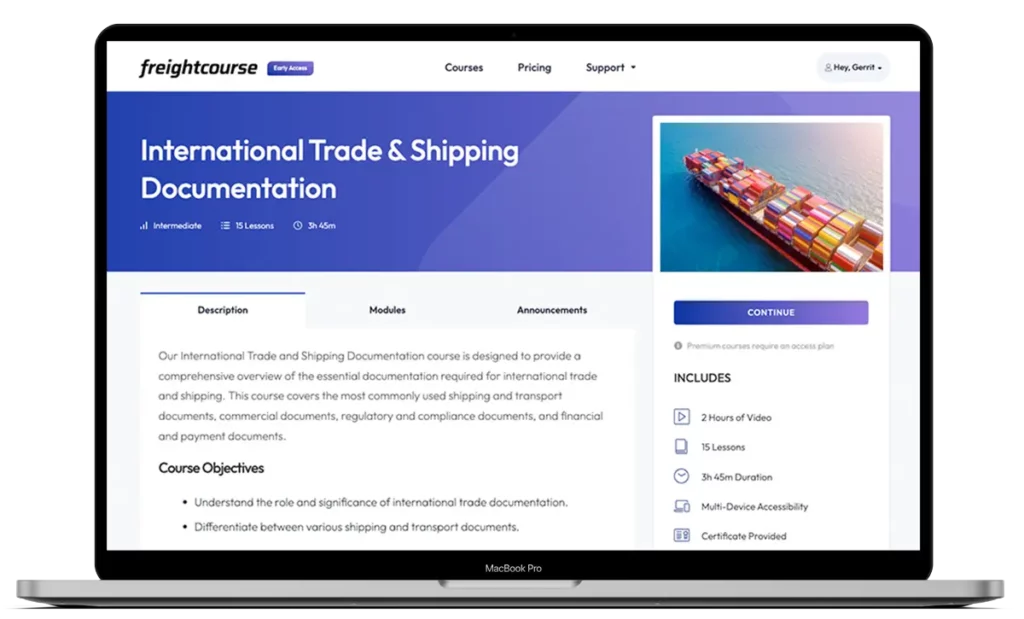With the rise of the e-commerce sector in recent years, packages are shipped worldwide at an unprecedented rate. To facilitate a convenient and reliable option for senders, UPS offers a parcel collection service, where a UPS driver picks up the package directly from the sender’s doorstep.
While it offers convenience to senders, mobilizing trucks and drivers to pick up packages can be costly. Some of the major costs that incur include labor, vehicle maintenance, fuel, and more. For the abovementioned reasons, UPS charges a small fee to offset these expenses, depending on the type of pickup service.
In this article, we take a closer look at the different pickup services that UPS offers, how much they cost, and also elaborate on the reasons why UPS collects a fee for this additional service.
How Much Does UPS Charge for Collecting Packages?
The cost of UPS pickup services varies depending on the service type selected by the sender. UPS offers a range of pickup options, each with its own unique benefits, resulting in different fees to accommodate their diverse customer needs and preferences. Here’s a list below:
- UPS On-Call Pickup – UPS On-Call Pickup allows senders to call and schedule a driver pickup on the same day or a future day and has no limit on the number of packages. The fee for same-day requests is $6.80, and for future-day pickups, it is $5.80.
- UPS Smart Pickup – UPS Smart Pickup streamlines the package collection process by using technology to automatically notify a driver when you print a UPS shipping label. This service comes with a flat fee of $11.85 per week.
- Day-Specific Pickup – With Day-Specific Pickup, UPS allows you to schedule pickups on specific business days to meet your unique requirements. The fees for this service start at $11.85 per week and can increase based on shipping volume and the frequency of weekly pickups.
- Daily On-Route Pickup – The Daily On-Route Pickup service offered by UPS is where a driver stops by your location every business day when they are within your neighborhood, without a set schedule. For weekly billings totaling $75 or more, this service comes at a flat fee of $11.90 per week.
- Daily Pickup – With UPS’s Daily Pickup service, shipments are automatically picked up at a scheduled time, typically in the mid-to-late afternoon. For weekly billings totaling $75 or more, the cost for this service is $12.90 per week.
Reasons Why UPS Charges For This Service?
UPS charges fees for picking up packages, as there are additional expenses they need to account for, which include labor and driver costs, vehicle maintenance fees, and fuel, among others. In this section, we will explore some of these reasons in more detail.
Labor Costs
Labor costs are a significant factor contributing to the pickup service fee. The company employs dedicated personnel, such as drivers, pickup coordinators, route planners, and support staff, to handle the scheduling and operations of pickups.
UPS also incurs training expenses to equip employees with the necessary skills for efficient and safe package collection. Additionally, they offer competitive wages and benefits to attract and retain skilled pickup staff, all contributing to the overall cost of providing this service.
Vehicle Maintenance
Vehicle maintenance constitutes a significant portion of the pickup service costs. With an extensive fleet of vehicles dedicated to pickups, regular maintenance is essential to keep them in optimal working condition.
UPS bears the cost of routine servicing, repairs, and occasional vehicle replacements to uphold the reliability of its transportation network. Moreover, the company invests in advanced technologies and systems to track and manage vehicle maintenance.
Fuel
Since their trucks travel to numerous pickup locations, they consume significant amounts of fuel. Fluctuating fuel prices can have a direct impact on UPS’s budget and profitability, necessitating the inclusion of fuel costs in their pickup service charges. To manage these expenses, UPS may adopt fuel-efficient practices and explore alternative fuels to minimize its overall fuel expenditures.
Administrative Tasks
Coordinating pickups requires activities like scheduling, route planning, and order processing, all of which involve dedicated administrative work. UPS maintains a network of customer service representatives and support teams to handle pickup-related inquiries and requests, adding to the operational costs.
Furthermore, the utilization of technology for pickup coordination and data management may involve licensing fees and software expenses that need to be accounted for.
Liability
UPS collects packages from various locations, the company assumes a level of responsibility for ensuring the safe handling and delivery of these items. Charging for pickups helps offset potential losses or damages during transit, safeguarding both UPS’s interests and the valuable shipments of customers.
To further manage liability concerns, UPS may invest in comprehensive insurance coverage, adding to the overall cost of providing this essential pickup service and assuring customers of reliable and secure deliveries.
Reasons Why UPS Offers Package Collection Services to Senders
In an effort to provide senders with more convenience and reliability, UPS offers various types of package pick-up services. Another reason is to differentiate themselves from other service providers. Let’s explore these reasons in more detail.
Convenience
Convenience is a driving force behind UPS’s decision to offer package collection services. By dispatching drivers to pick up packages from various locations instead of customers having to bring their parcels to a UPS facility, the company enhances the customer experience and saves valuable time and effort.
The entire process requires planning, scheduling, and allocation of resources. In this case, the pickup fees compensate UPS for the added convenience it provides by collecting packages directly from customers’ premises.
Differentiation
Differentiating its services is another key reason behind UPS offers this service. With a diverse range of services, each having its own cost structure, UPS can distinguish between customers who prefer more economical options like dropping off packages at UPS locations and those who prioritize the convenience of pickups.
This strategic differentiation allows UPS to cater to various customer needs effectively, striking a balance between providing exceptional service and maintaining a sustainable business model. Moreover, they are able to differentiate themselves from other service providers.

Get Free Course Access
If you enjoyed the article, don’t miss out on our free supply chain courses that help you stay ahead in your industry.

Gerrit Poel
Co-Founder & Writer
at freightcourse
About the Author
Gerrit is a certified international supply chain management professional with 16 years of industry experience, having worked for one of the largest global freight forwarders.
As the co-founder of freightcourse, he’s committed to his passion for serving as a source of education and information on various supply chain topics.
Follow us